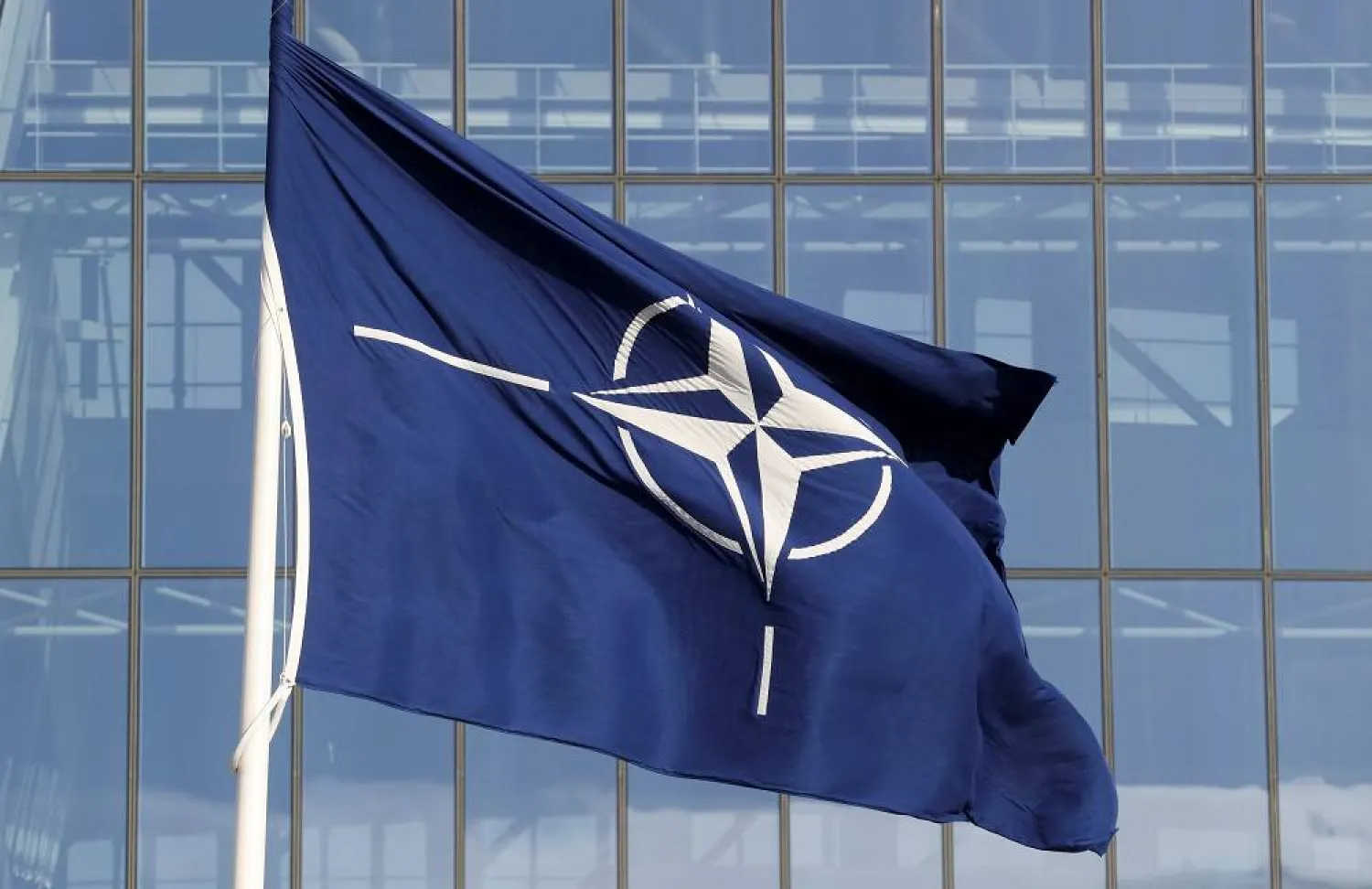The Swedish government decided Monday to extradite a Turkish citizen resident in Sweden who had been convicted in 2013 of drug crime in Türkiye.
The move came as NATO-member Türkiye continued to hold up Sweden’s bid to join the military alliance.
The man, who had served his prison sentence and was living in Sweden legally, claimed the real reason for his extradition was that he was active in a pro-Kurdish political party and supported a group Ankara considers to be terrorists.
Sweden's Supreme Court said there were “no obstacles” to his extradition, and that the man was under investigation in Türkiye for posting online manipulated photos of President Recep Tayyip Erdogan which is punishable under Turkish laws.
Ankara has accused Stockholm of not doing enough to crack down on members of the outlawed Kurdistan Workers’ Party, or PKK, and others whom it considers extremists.
The military alliance wants to admit Sweden before a summit next month in Vilnius, Lithuania. All existing NATO members must ratify a candidate country’s accession protocol before it can join the trans-Atlantic alliance.
The Swedish Justice Ministry which didn't identify the man, confirmed to The Associated Press that the government in Stockholm had endorsed last month's ruling by Sweden’s highest court to extradite him. It was not clear if the man is among a group of people Türkiye wants extradited.
Last month, Sweden tightened its anti-terrorism laws. Swedish lawmakers included a prison term of up to eight years for individuals convicted of participating in an extremist organization in a way that is intended to promote, strengthen or support the group. The revisions took effect June 1.
The man told the Swedish court that in 2019 and 2020, “he expressed approval” on Facebook of posts critical of the Ankara regime. During the same time period, he uploaded and posted manipulated images of Erdogan.
The man had initially been sentenced to four years and seven months in Türkiye for transporting about 1.8 kilograms (4 pounds) of cannabis in September 2013 in the Turkish city of Adana. After his release from a Turkish prison, he traveled legally to Sweden, where he got a work permit in 2018.
According to what he told the Supreme Court, “the real reason” behind the extradition is because he “has actively worked for the Kurds’ cause.” He has explained that he is a member of the pro-Kurdish Peoples’ Democratic Party, or HDP, which Turkish prosecutors seek to shut down for alleged links to the PKK.
The HDP rejects accusations that it acts on behalf of the PKK, insisting that it is struggling for increased rights for Kurds and other minorities through legal means.
The PKK, considered a terror group by Türkiye and its Western allies, has waged an insurgency since 1984. The conflict has claimed tens of thousands of lives.









